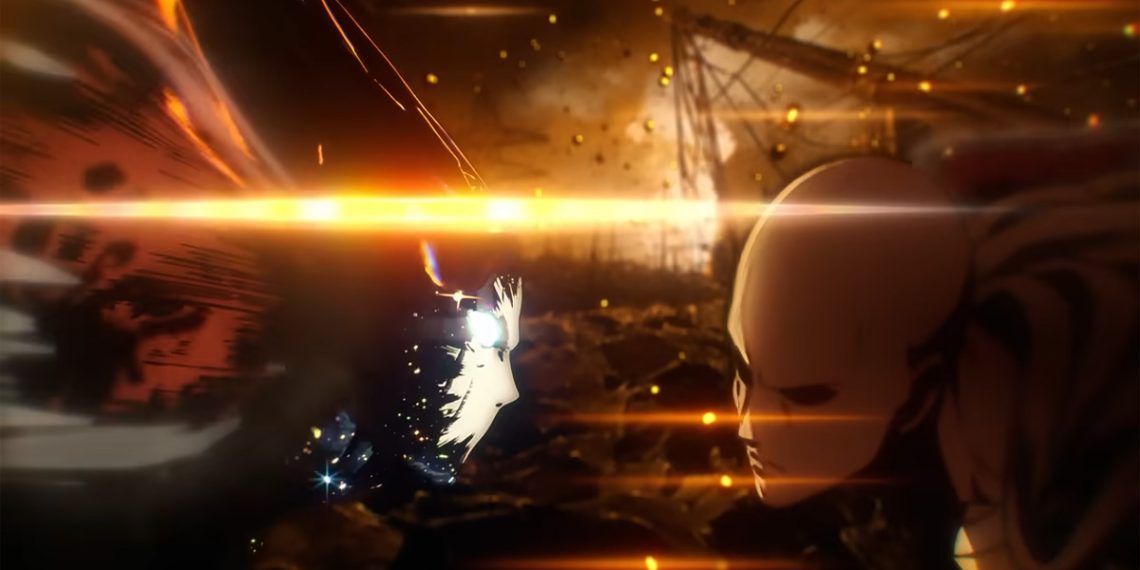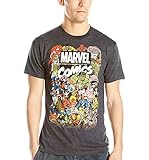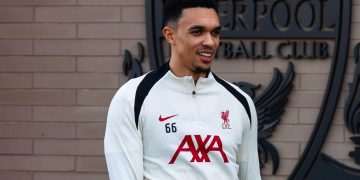The One Punch Man series has introduced fans to some of the most intriguing and multifaceted characters in the animanga world. Among these, Garou emerged as a standout figure, especially in the second season of the anime and subsequent manga arcs.
Initially portrayed as a formidable villain, Garou’s character gradually evolves throughout the Monster Association arc, ultimately transforming him into one of the series’ most compelling anti-heroes.
To evaluate Garou’s status as a compelling anti-hero, we must examine the key qualities that define such characters. Anti-heroes, unlike traditional heroes, find moral complexities and internal conflicts that mirror the shades of gray in our own world.
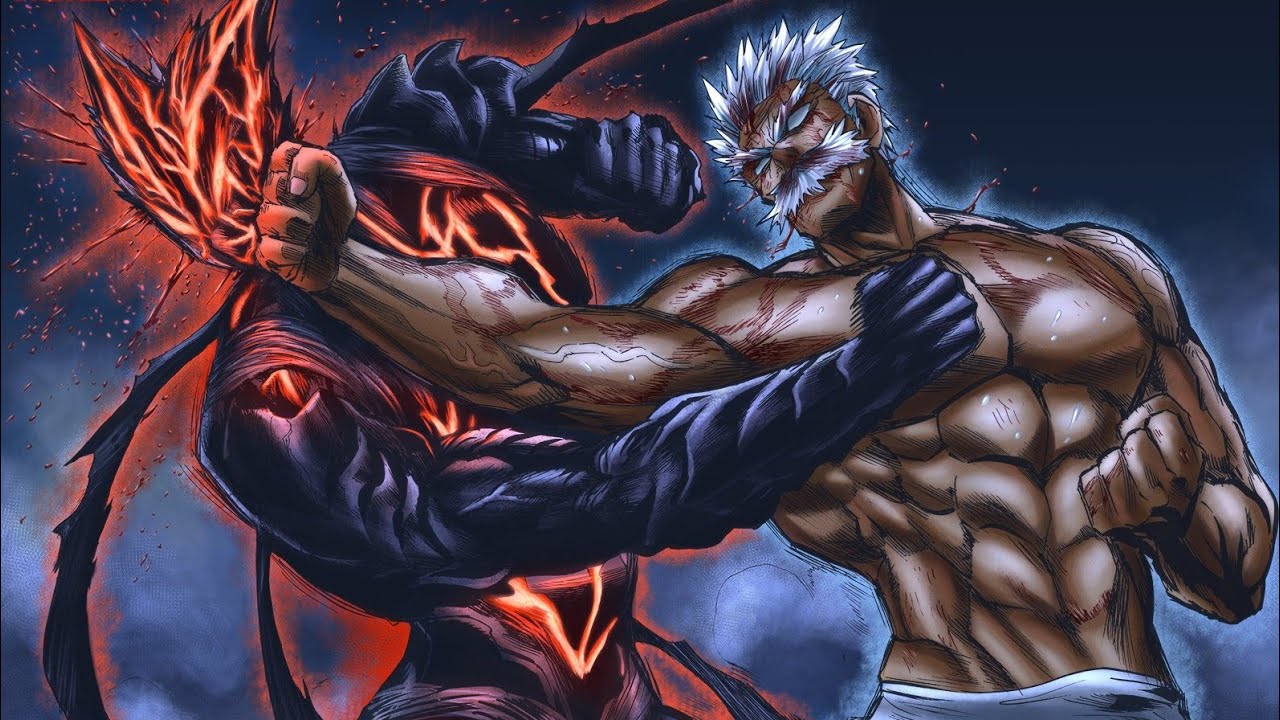
Garou’s Evolution From Villain to Compelling Anti-Hero
Garou exemplifies these traits vividly, a fact that will become more apparent when the anime’s third season arrives.
For those solely familiar with the anime, Garou might seem nothing more than a villain, driven by past trauma and a skewed view of heroism. Bullied by classmates who idolize heroes, Garou harbors a deep-seated resentment toward the concept of heroism and those who champion it.
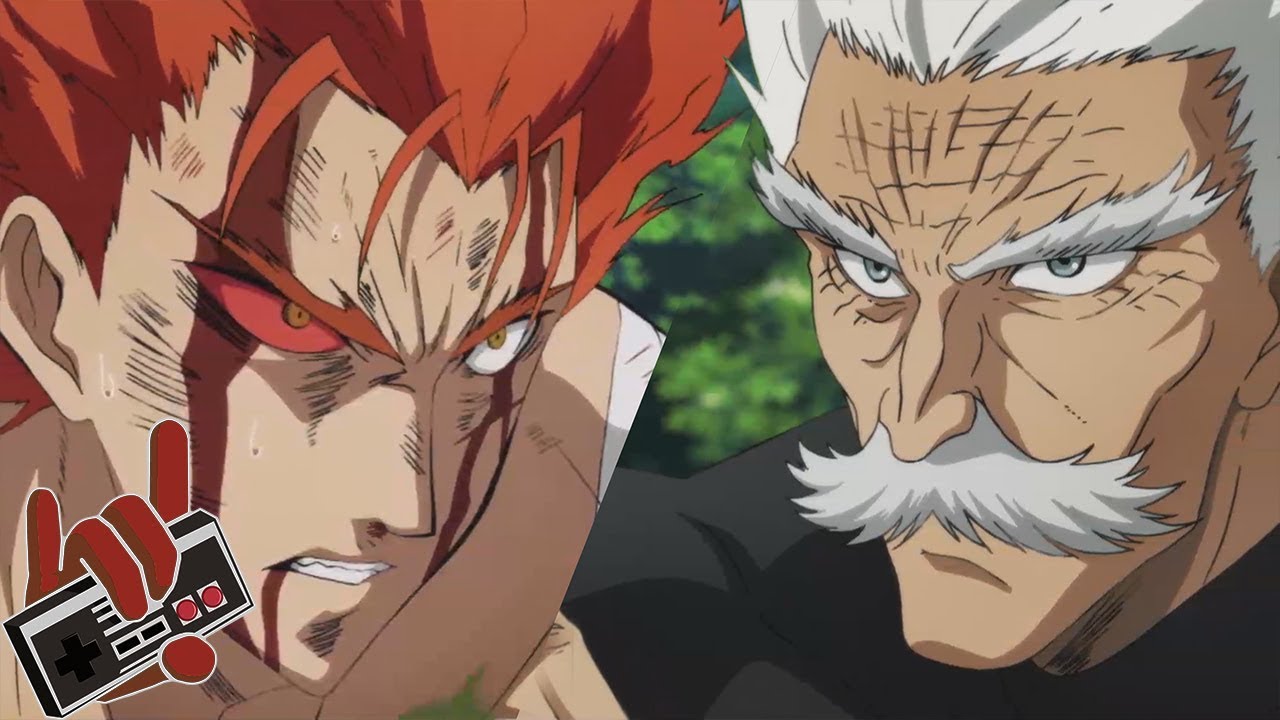
Despite his malevolent actions, Garou’s internal struggle is palpable. Instances like his interaction with Tareo, a child he spares in the park, hint at his underlying humanity.
Even when facing his former mentor, Bang, Garou exhibits moments of hesitation, revealing an internal conflict between his pursuit of fear-inducing dominance and a flicker of moral conscience.
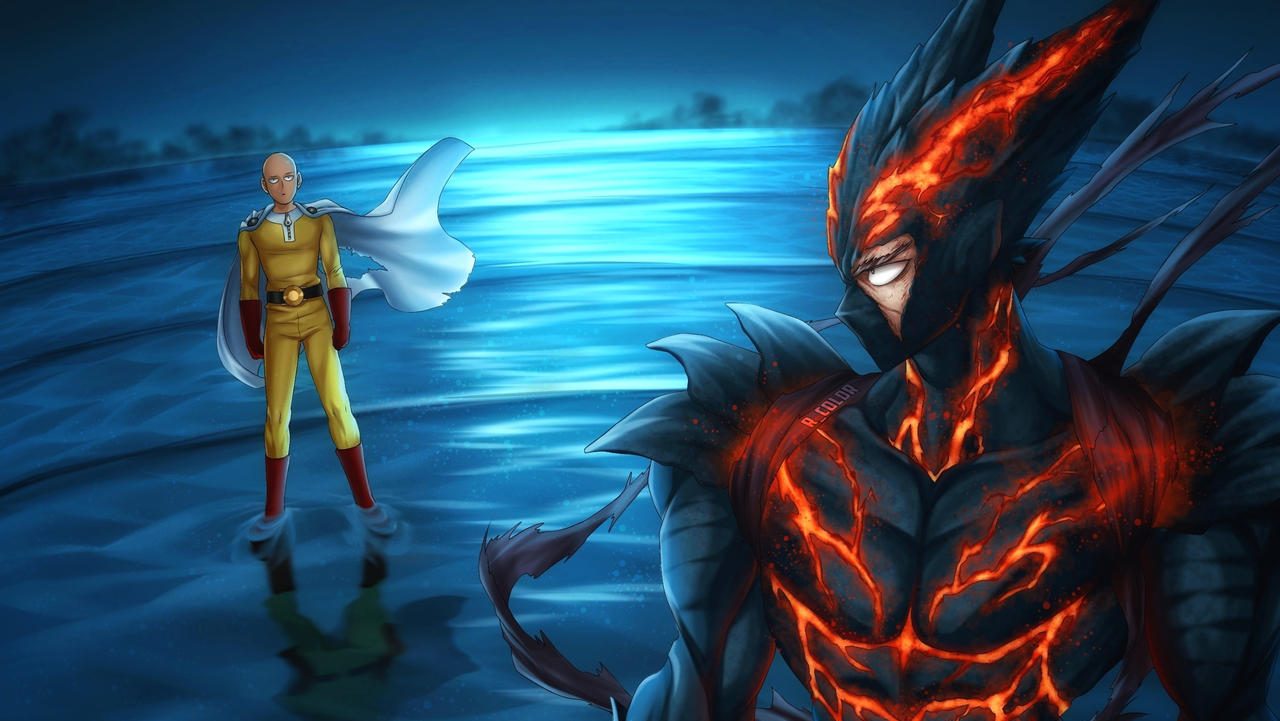
Through nearly 100 chapters of grappling with his ideals, Garou gradually acknowledges his misdeeds and embraces redemption. This journey—from villainy to introspection to a semblance of reconciliation—epitomizes Garou’s evolution into a compelling anti-hero.
Ultimately, Garou’s arc underscores the complexity and depth typical of anti-heroes within the animanga genre, making him a standout character in the One Punch Man series.

